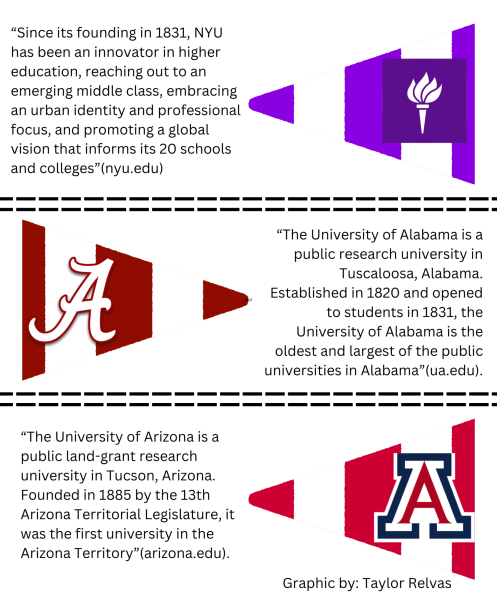Texting and Driving: The Gov’t Must Intervene
The government is the only institution that trusts teenagers with a two-ton vehicle before they trust them with a vulgar movie. Somewhere along the lines somebody forgot to account for the fact that a reckless driver is much more likely to kill you than Michael Myers.
According to autos.com, there are approximately 6 million car accidents per year. In addition, according to Potsdam.edu, approximately 3,000 deaths are a result of texting while driving per year. However, 3,000 seems small considering the amount of drivers on the road. Unfortunately, that fails to account for the 330 thousand injuries as a result of using a cell phone while in the driver’s seat.
The government seems to credit accidents to texting and alcohol, rather than the incompetence of drivers. However, the truth is that anybody willing to text – or drink – while driving should be held accountable. Unfortunately, the very idea of citizens making intelligent decisions on their own makes the government sick to its stomach.
In fact, according to the Governor’s Office of Highway Safety, only one state does not have a law regarding seat belts; every state has laws against drunk driving. However, the proposal of a new law from N.J. has pushed the boundaries for cell phone use behind the wheel.
A N.J. court’s decision would make texting someone who is driving a crime. The law checks phone records at the time of the crash to see if the person was texting. If a person knowingly messages someone who is driving, the courts claim that individual is “electronically present,” and is considered just as guilty as the driver.
Is such a law necessary? In a perfect world, no; the law would be exclusively for people who cannot take responsibility for themselves. Yet, based on the number of car accidents related to distracted driving, it appears to be justified.
In a survey of 100 students, 94 admitted to using a cell phone while driving. These figures also include using a phone while stopped at a red light, which, according to 41 states, is still illegal. Teenage drivers have a lack of experience and even without distractions, they prove to be a hazard. While the law still treats young adults like toddlers, states should support the New Jersey decision. Until citizens are willing to drive distraction-free, the government must intervene to ensure safety.

Austin Collins is a junior who joined the Precedent this year. He covers the school football team and wrestling team. He also reviews video games and expresses...




